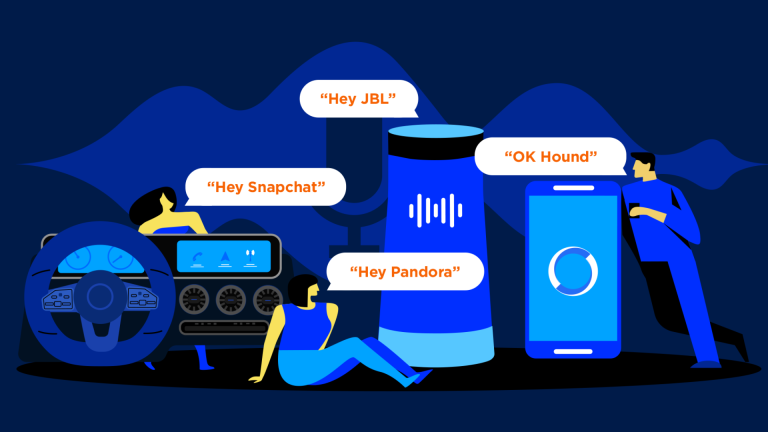As with any new and upcoming technology, voice AI has experienced waves of questions and uncertainty over its privacy policies and data collection over the years. Especially since early practices of voice assistants—we’re looking at you, big tech—caused quite a stir and some skepticism over whether voice assistants had their users’ best interests at heart.
In this digital age, privacy concerns are only growing. A study by Pew Research revealed that 79% of Americans are concerned about the way their data is being used by companies. It’s now more important than ever to build trust with users, and companies that do will benefit in both the short and long term.
Voice assistants are relatively new to the game as far as technology goes, with major players only stepping up to the board within the last decade and conversational capabilities just starting to truly innovate the user experience within the last five years. While automotive and call centers are some of the earliest adopters of conversational AI, many industries are still just beginning to learn about the benefits. This adoption lifecycle gives companies a unique opportunity to get ahead of ethical concerns and lay the foundation for a strong relationship with their users.
We’ve gathered tips on what you need to consider about ethics at every step of your voice AI journey—from choosing a platform all the way through to future iterations. Take a deep dive into every stage of development or jump ahead to where you are in the process. With ethical insights from top voice AI influencers, your inner philosopher will be more than satisfied.
Step 1 – Choosing a voice AI platform with privacy in mind
When considering a voice AI solution, brands have a few options to consider—build, “rent”, or partner. It’s essential to choose the right solution from the very beginning. Otherwise, time to market could be delayed, or unforeseen consequences could leave brands in the dark about their users’ behaviors and privacy controls.
Brands can build their own solution, which gives them ample customization and control over data but could take years to create, time other companies spend fostering relationships with their users. They could “rent” a solution, which has initial benefits of quick development and cost savings but can lead to long-term consequences (we’ll talk more on this in a bit). Or, they can partner with a voice AI platform that gives them control over data and privacy while shortening the time to market.









